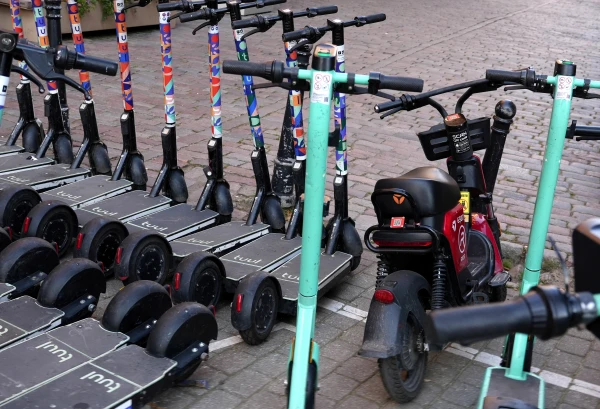
The amendments to the Traffic Law proposed by the Ministry of Transport, concerning stricter checks on age, the presence of a driver's license, and tests for alcohol or other intoxicating substances when using shared vehicles, do not address the issue of verifying foreign driver's licenses, stated the letter from the Chairman of the Board of the Latvian Chamber of Commerce and Industry (LTPP) Janis Endziņš to the Saeima's Committee on Economics, Agriculture, Environmental and Regional Policy, LETA reports.
As Endziņš points out, in the absence of a unified database, verifying driver's licenses will be impossible or disproportionately expensive for tourists, who make up a significant portion of users of these services.
Regarding reaction tests, he notes that the highest risks occur on certain days of the week and at specific hours. Just as the State Police purposefully organizes raids at night on weekends, the LTPP suggests applying reaction tests only during periods of increased risk. A compromise solution could be to conduct such tests at night on Fridays and Saturdays — for example, from midnight to 6 AM. This would allow for a more accurate and effective resolution of the problem at its root, as emphasized in the letter.
According to the LTPP, it is also necessary to evaluate how user data obtained from reaction tests will be stored and processed. There is a risk that this information, which indirectly indicates a person's health status or level of fatigue, could be misused.
Furthermore, the LTPP believes that more attention and resources should be directed towards informational campaigns to educate the public about the risks of driving under the influence.
The LTPP emphasizes that a strict policy regarding alcohol consumption limits has already been implemented at the state level. Since the industry has previously expressed concerns about the feasibility of the proposed solution, it would be prudent to first assess the impact and results of the already adopted regulations before deciding whether additional measures are necessary.
As reported, the Saeima will soon consider in its third reading the amendments to the Traffic Law prepared by the Ministry of Transport, concerning enhanced checks on age, the presence of driver's licenses, and the conduct of tests for alcohol or other substances when using shared transport.
It was previously reported that on Thursday, October 2, the Consumer Rights Protection Centre (CRPC) decided to suspend the activities of the sharing operator Ride Mobility, which rents out "e-bikes." This decision followed a call from Riga Mayor Viesturs Kleinbergs to evaluate the company's activities — in connection with a tragic incident where two girls born in 2012, while using a Ride Mobility device, were struck by a train in Imanta and died.
On Friday, the CRPC announced that an administrative penalty would be imposed on Ride Mobility for failing to comply with the centre's requirement to suspend operations.
The CRPC urged all consumers, especially youth and their parents, to use shared vehicles responsibly, adhering to service rules and laws. The centre also reminded that using electric scooters and other micromobility devices without proper training and age verification can pose serious dangers both to the users themselves and to those around them.


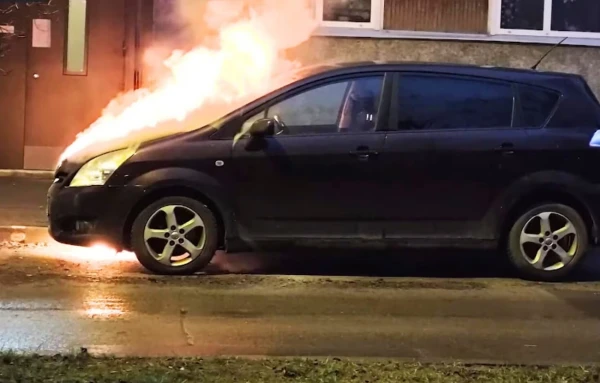


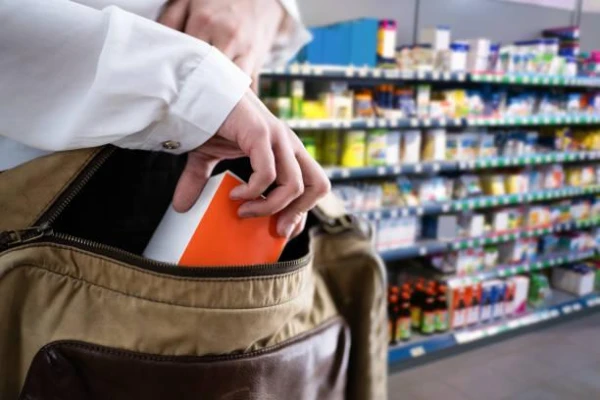


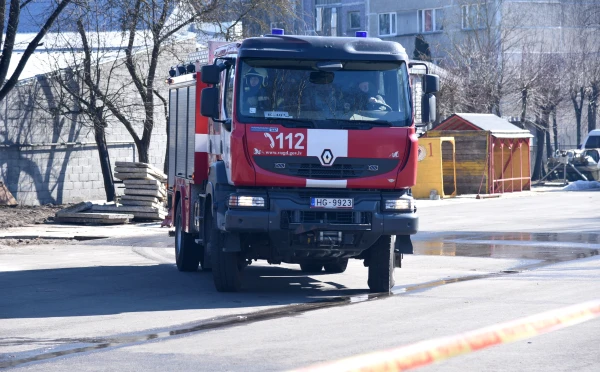




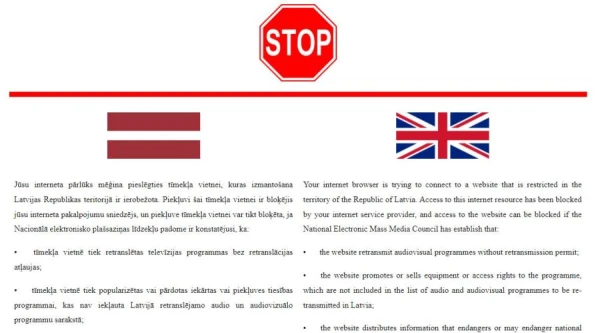
Leave a comment